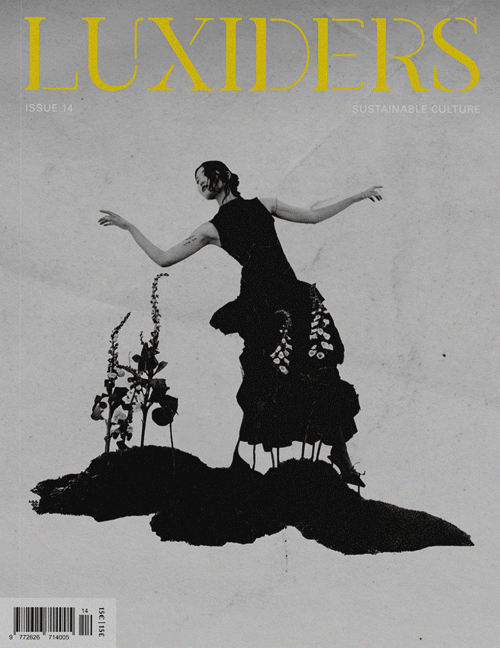
The Dangerous Rise Of Digital Misogyny, Brainwashed By The Algorithm
We love a show that not only entertains but exposes something raw and unsettling about the world. Something that gets you thinking. Recently, Adolescence did just that for us – not because it was shocking for the sake of drama, but because it held up a mirror to the troubling realities we’re facing today. It’s the kind of storytelling that refuses to sugarcoat, and we are grateful that it is shining a light on important issues.
We live in a time where young minds are more impressionable than ever, their perspectives shaped not only by parents, schools, and friends but by the voices blaring through their phone screens. Public personalities like Andrew Tate and Nigel Farage have carved out digital kingdoms, captivating the disillusioned, the angry, and the lost. These men (and others like them) sell a vision of hyper-masculinity wrapped in misogyny, convincing young boys that dominance equals power, that women exist to be conquered, and that aggression is the currency of respect.
It’s easy to dismiss them as just another rage bait influencer, but their reach is corrosive. The term incel (once an obscure internet label) is now used by children who are barely old enough to grasp its weight. Through YouTube videos, TikTok algorithms, and podcasts, their rhetoric seeps into the minds of boys at an age when they are just beginning to understand their own identity. And what are they being told?
That women are men’s property, incapable of loyalty, and should “bear responsibility” for being sexually assaulted. That to be a “real man” means embracing the red pill, rejecting empathy, and viewing relationships as a battlefield where dominance must be asserted. That success is measured in body counts, submission, and the ability to control. The result? A generation being conditioned to believe that respect is weakness, that kindness is a flaw, and that women exist to be conquered rather than understood.

Violence against women has become a national emergency
It’s no coincidence that violence against women has become a national emergency. Recent data indicates that over two million women in England and Wales are victims of male-perpetrated violence annually, encompassing crimes such as stalking, harassment, sexual assault, and domestic abuse. Alarmingly, these offenses have surged by 37% over the past five years, with offenders getting increasingly younger.
Compounding this issue is the widespread accessibility of aggressive pornography. With explicit content just a click away, and often found before puberty, young individuals are exposed to depictions of sex that are transactional and violent, entirely lacking intimacy and mutual respect. This exposure distorts their understanding of sexual relationships, normalising aggression and force. Recognising the gravity of this influence, there have been calls to ban extreme content, such as pornography depicting strangulation. An independent review for the UK government recommended making such content illegal, highlighting the urgency of addressing the escalation of violent sexual material online. “The evidence is overwhelming that allowing people to view legal but harmful pornography like choking sex, violent and degrading acts, and even content that could encourage child sexual abuse, is having a damaging impact on children and society,” states Conservative peer, Gabby Bertin. “The law needs to be tightened with more proactive regulation of online platforms.”

Toxic masculinity, getting a prevalent belief
The consequences of this unchecked exposure are profound. We are witnessing the start of . This mindset sustains a culture that diminishes respect and endorses violence towards others. Solving this crisis means enforcing stricter regulations, educating young people on consent and relationships, and reshaping a culture that refuses to tolerate misogyny.
This isn’t just about a single show or a handful of bad influencers. It’s about the way our digital world is shaping real-life behaviours, and the consequences we are now seeing unfold. Adolescence made me reflect on this more deeply, and I appreciate its willingness to confront these uncomfortable truths. But we need more than just one series tackling these issues – we need ongoing conversations, real change, and a collective effort to challenge the narratives that are warping young minds.
The beauty of storytelling is its ability to reveal what we often refuse to see. The best media doesn’t just entertain – it unsettles us, forcing us to confront the realities we choose to ignore. This isn’t just a fictional narrative – it’s happening. Right now. And if we don’t talk about it, we become complicit in it.
+ Words:
Aoife Morrall
Luxiders Magazine
+ Highlight Image:
© Matthew Sleeper via Unsplash







